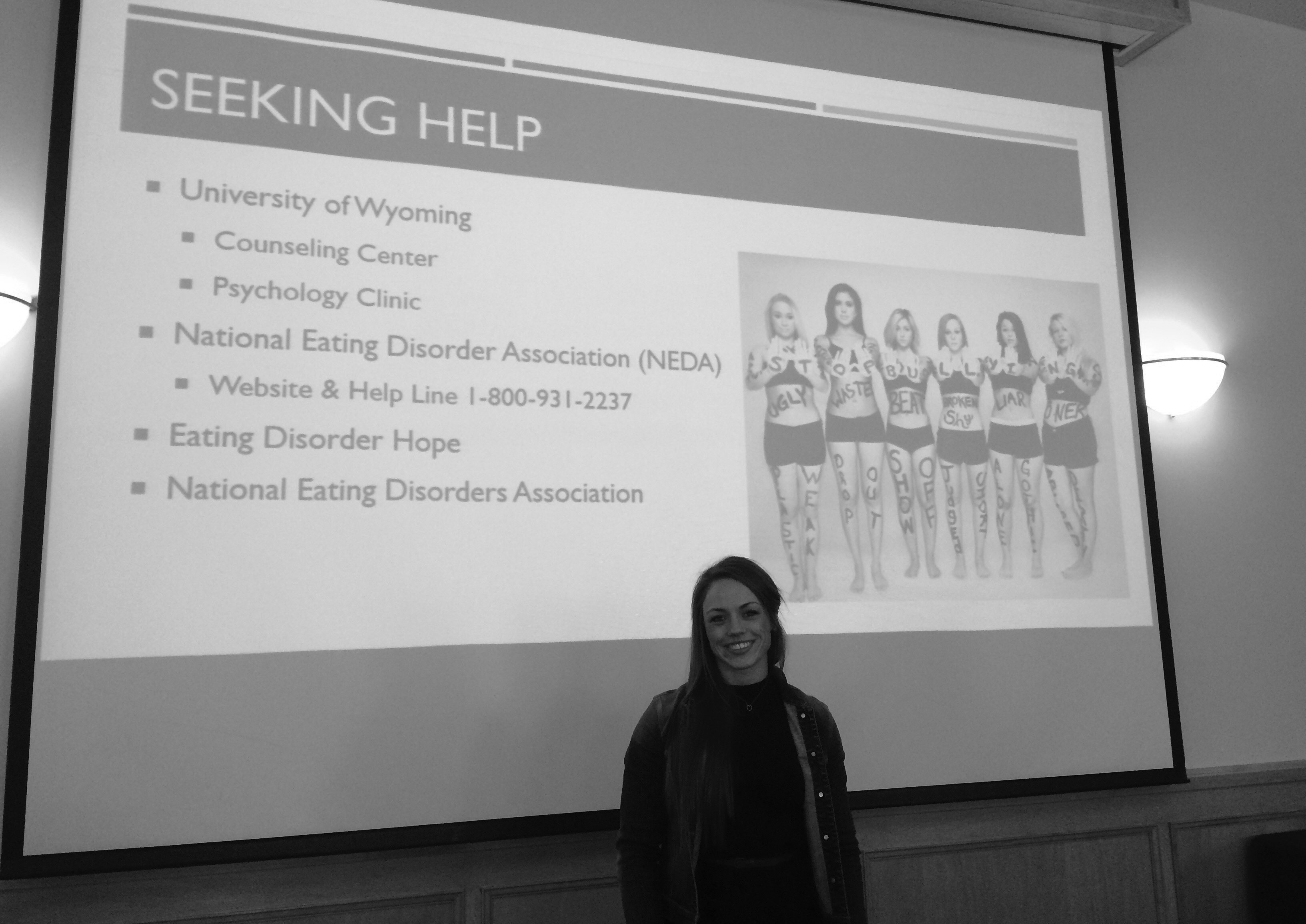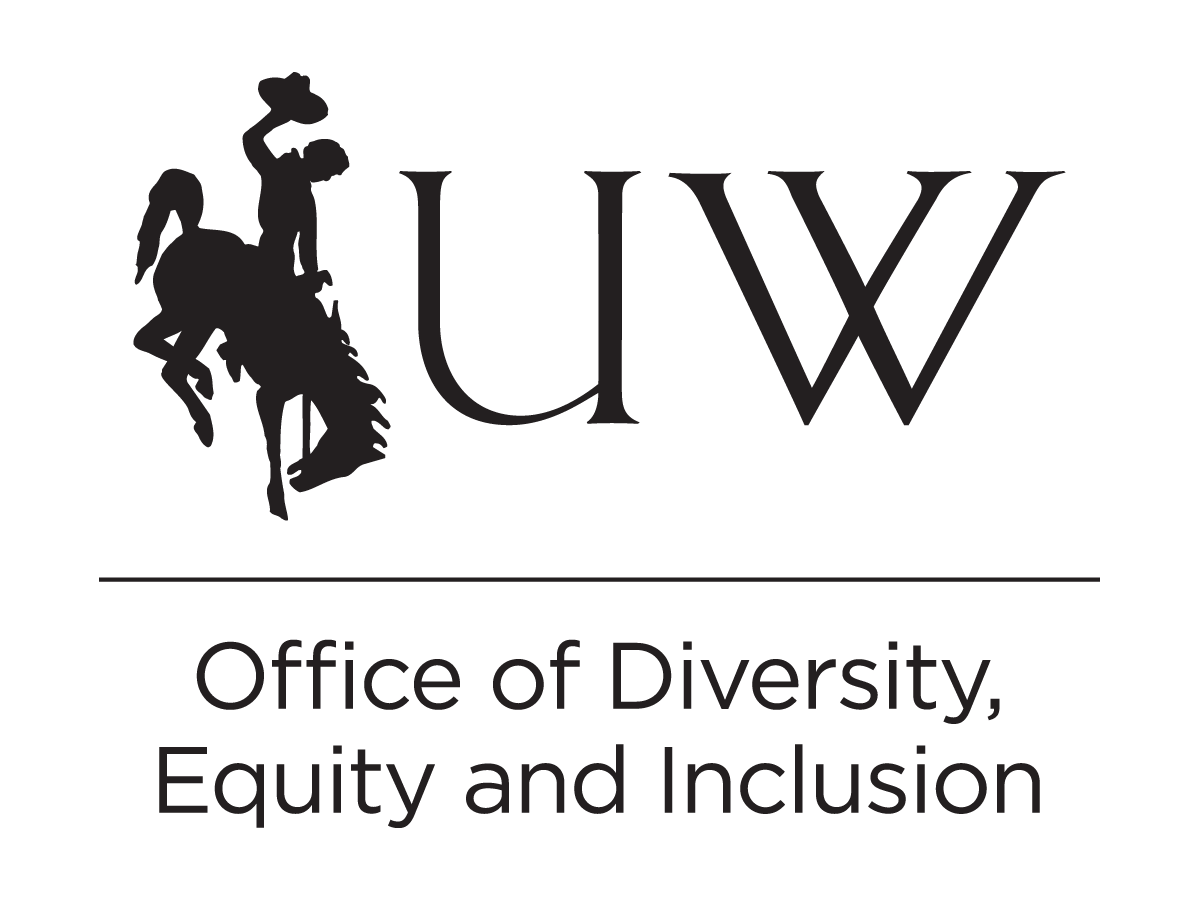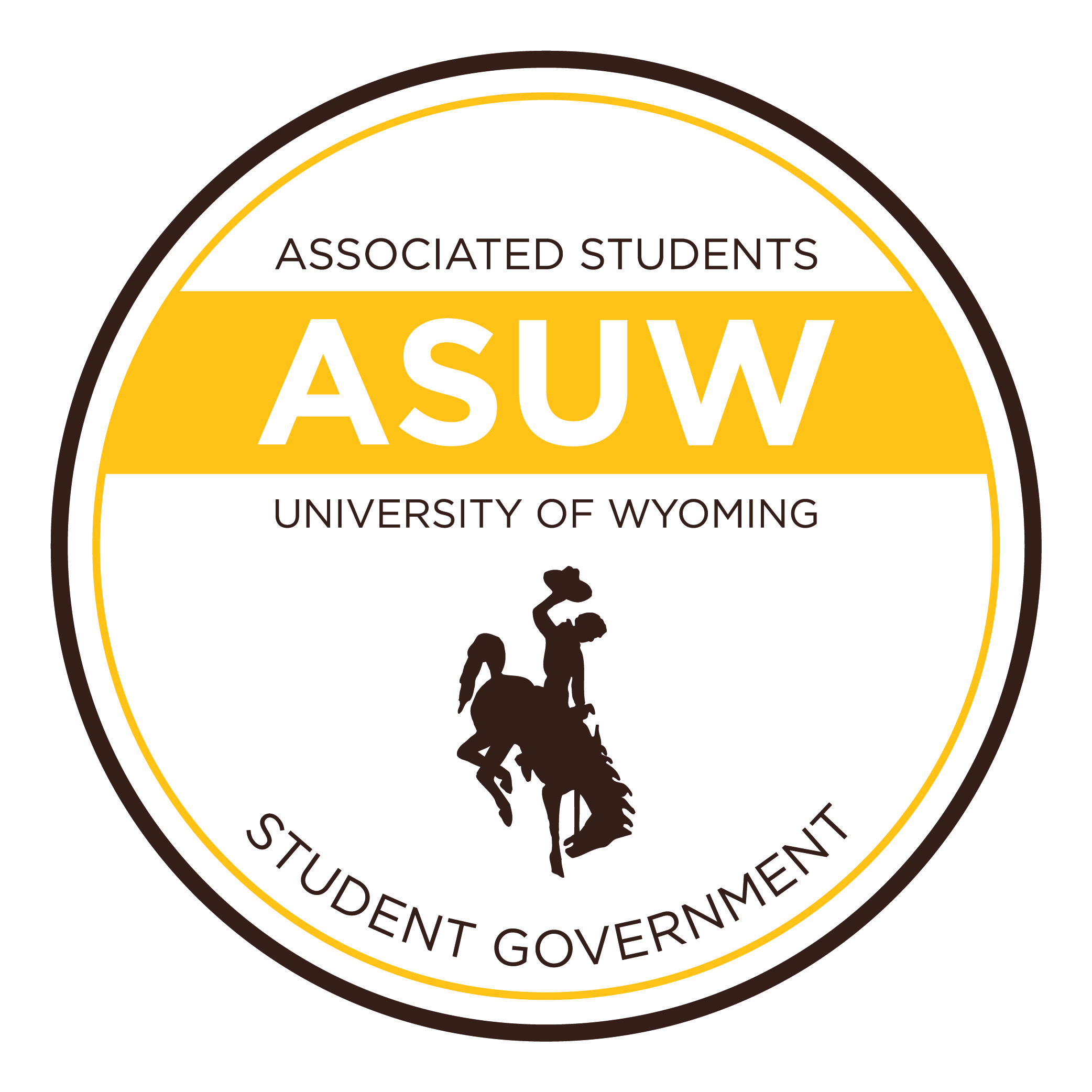Avery Kerman
akerman@uwyo.edu
This week is UW’s Body Image Awareness Week, and it is geared toward teaching students how to love and appreciate their bodies.
Many college students have experienced some sort of dissatisfaction with their body, Lauren Smolar, director of helpline services for the National Eating Disorder Association (NEDA), said.
“Around this age developing an eating disorder can be more common…in a new environment it can be hard to adjust to new routines and mental health including one’s relationship with food can be impacted,” Smolar said.
There will be nine speakers covering a variety of different topics throughout the week, as well as workshops. Some events will provide lunch.
One of the most important subjects of Body Image Awareness Week is the prevalence of eating disorders on college campuses.
“Estimates for the actual prevalence of disordered eating on college campuses range from about 8-20 percent,” Kati Lear, MS, doctoral student in clinical psychology, said.
Lear will be speaking about eating disorders on Friday. She will also be covering signs and symptoms of eating disorders.
Signs of eating disorders are typically extreme behaviors associated with food. Depending on the kind of eating disorder, a major sign is relentlessly exercising and counting calories.
“It is important to note that dramatic weight loss is also an important sign, but may not occur in all eating disorders,” Lear said.
NEDA lists more detailed signs and symptoms of the different kinds of eating disorders on its website, as well.
Personal trainer Kierston Mills will be speaking on Wednesday March 2 on changing the outlook on exercise.
“It is absolutely possible to love your body as it is, while still having goals to improve health and quality of life. To me it is about finding balance with fitness and nutrition, avoiding extremes, and doing what makes you happy,” Mills said.
The goal of Body Image Awareness Week is to promote body image awareness, but also to provide the resources that are available to anyone that is struggling with body dissatisfaction or eating disorders.
The University Counseling Center is a resource available to students who need someone to talk to, and it is free to students. Appointments are made in person at the UCC office in room 341 Knight Hall.
Another source to talk to is the confidential helpline through NEDA, which can be reached at 1-800-931-2237.
“Body acceptance programs can be empowering for people. If you experience negative self-image, it is good to know the resources that are available to help you,” Smolar said.



